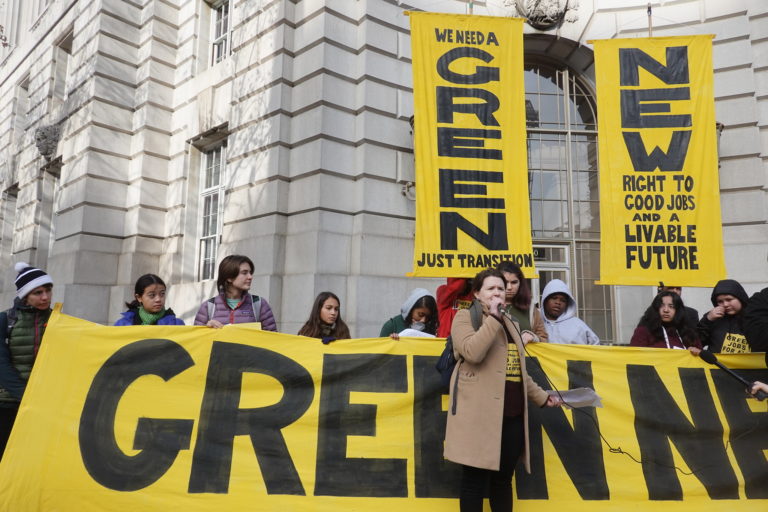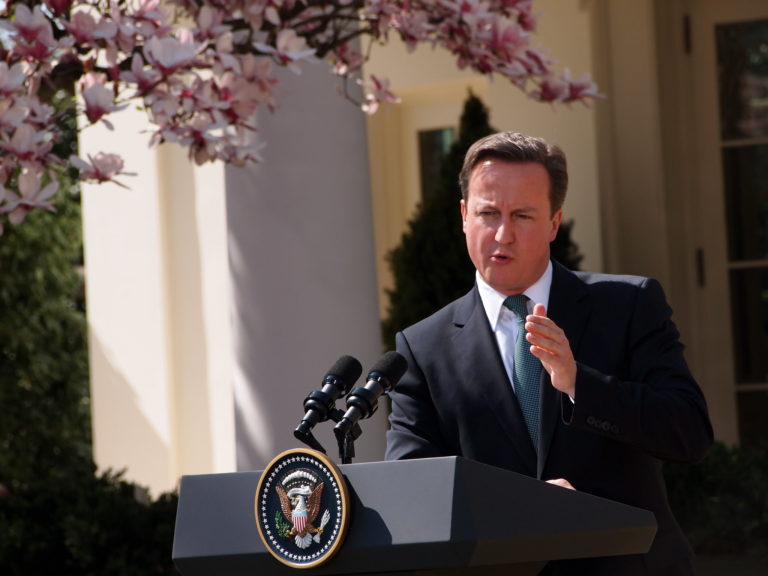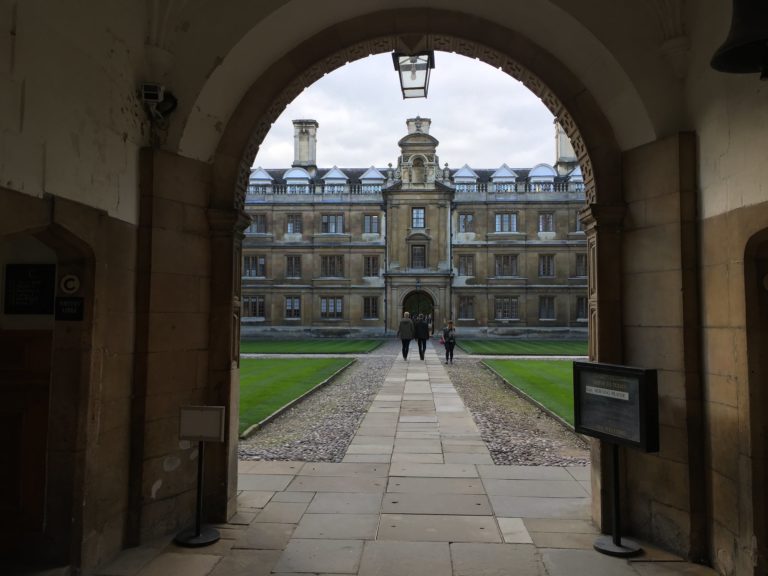
We need climate change accounting now
Richard Murphy, PEF Council Member, member of the Green New Deal Group and Director of the Corporate Accountability Network, writes for the PEF blog on the urgent need for sustainable accounting.
Council Members
Secretariat
Guest Authors

Richard Murphy, PEF Council Member, member of the Green New Deal Group and Director of the Corporate Accountability Network, writes for the PEF blog on the urgent need for sustainable accounting.

All great thinkers run the danger of misinterpretation, in part because they tend to leave their innovative ideas incomplete due to the newness of those ideas. Misinterpretation also results from

This article reviews some of the issues concerning industrial policy that were aired in the interwar period. The debate needs to be revived, revisited and, where appropriate, revised to suit the present day, but on basic principles there is much to learn from the interwar discussions.

PEF Council Coordinator John Weeks writes for the blog to introduce his series ‘Principals of Macroeconomics’, with this piece exploring the definitions of economics.

‘Over five decades the principle that capitalist economies required active, continuous management by national governments established itself as policy orthodoxy, then the consensus abruptly ended.’ PEF Council Coordinator John Weeks reminds us what Keynes taught us about managing capitalism.

Richard Murphy, one of the Green New Deal’s original co-authors, outlines how he would finance green transformation – and build a fair economy for all at the same time.

The idea that a contraction in public spending could be more than replaced by private investment and enterprise – so-called “expansionary fiscal contraction” – is at best highly controversial.

Two articles on the same day on austerity by Financial Times journalists Chris Giles and Delphine Strauss demonstrate political orientation generating political bias.

‘In my new book, Austerity, we step back from the emotional reactions on both sides of the debate; and we carry out a much more forensic analysis, following the evidence – and only coming to a conclusion when all of it has been carefully sifted and considered’.

Neoclassical economics has always relied on a positivist approach to economic issues, presenting economists as being non-ideological and free from bias. Yet ideology is embedded in economics departments all over the world.
© copyright Progressive Economy Forum & respective authors.
To see how we use cookies on this website, view our Privacy Policy.
We use cookies to personalise your experience, by using our website you agree to the terms and conditions set out in our privacy policy.